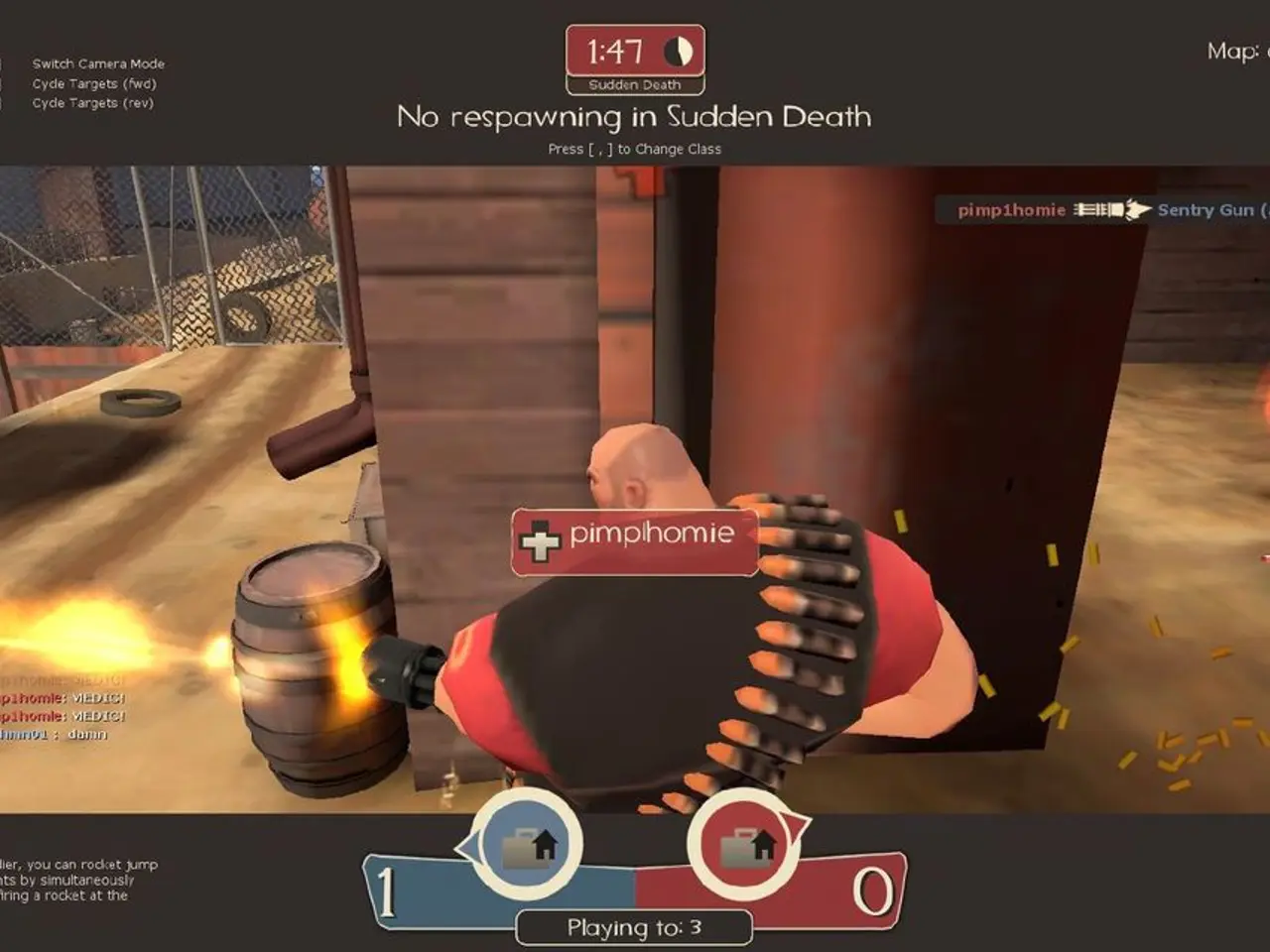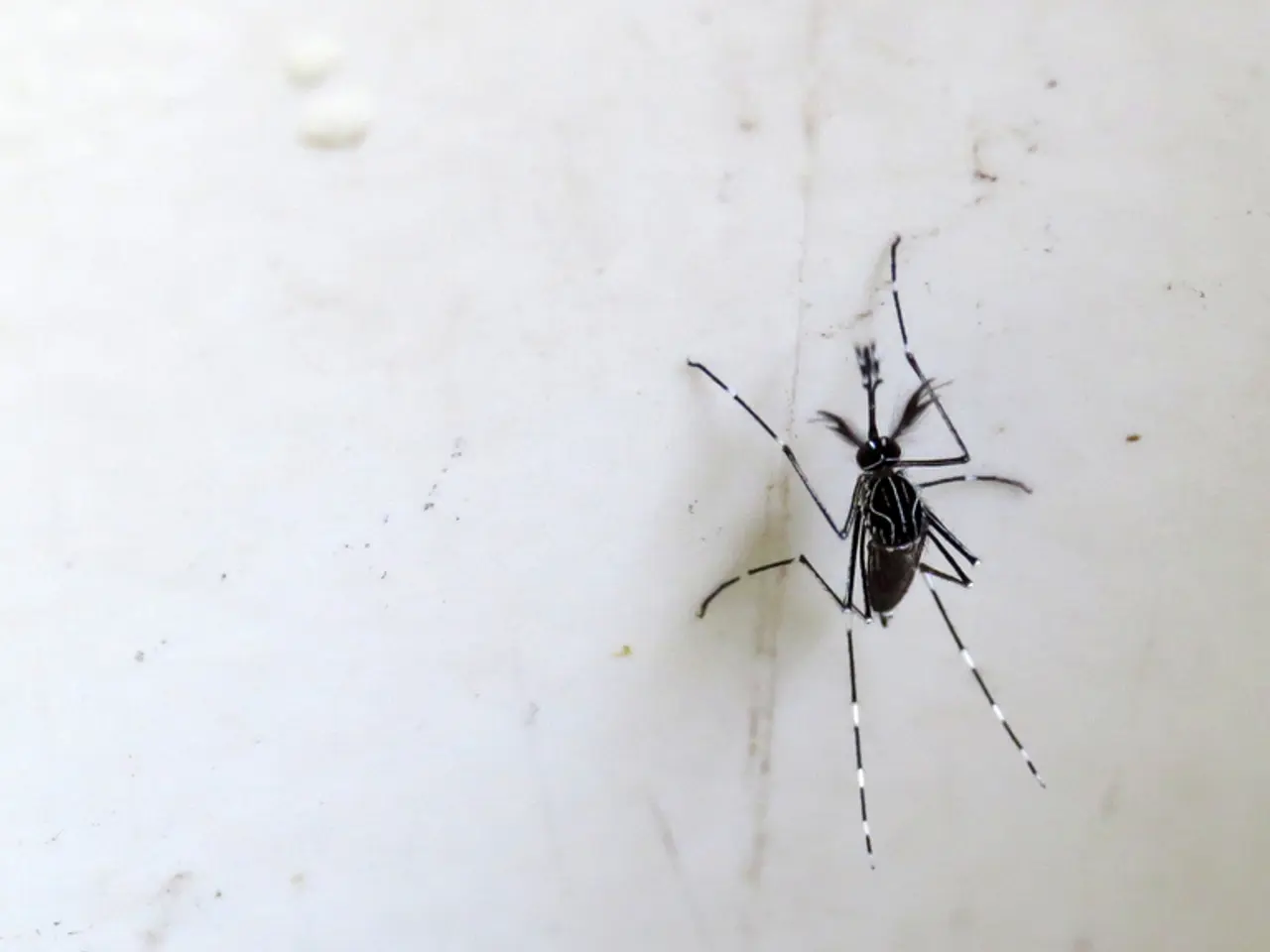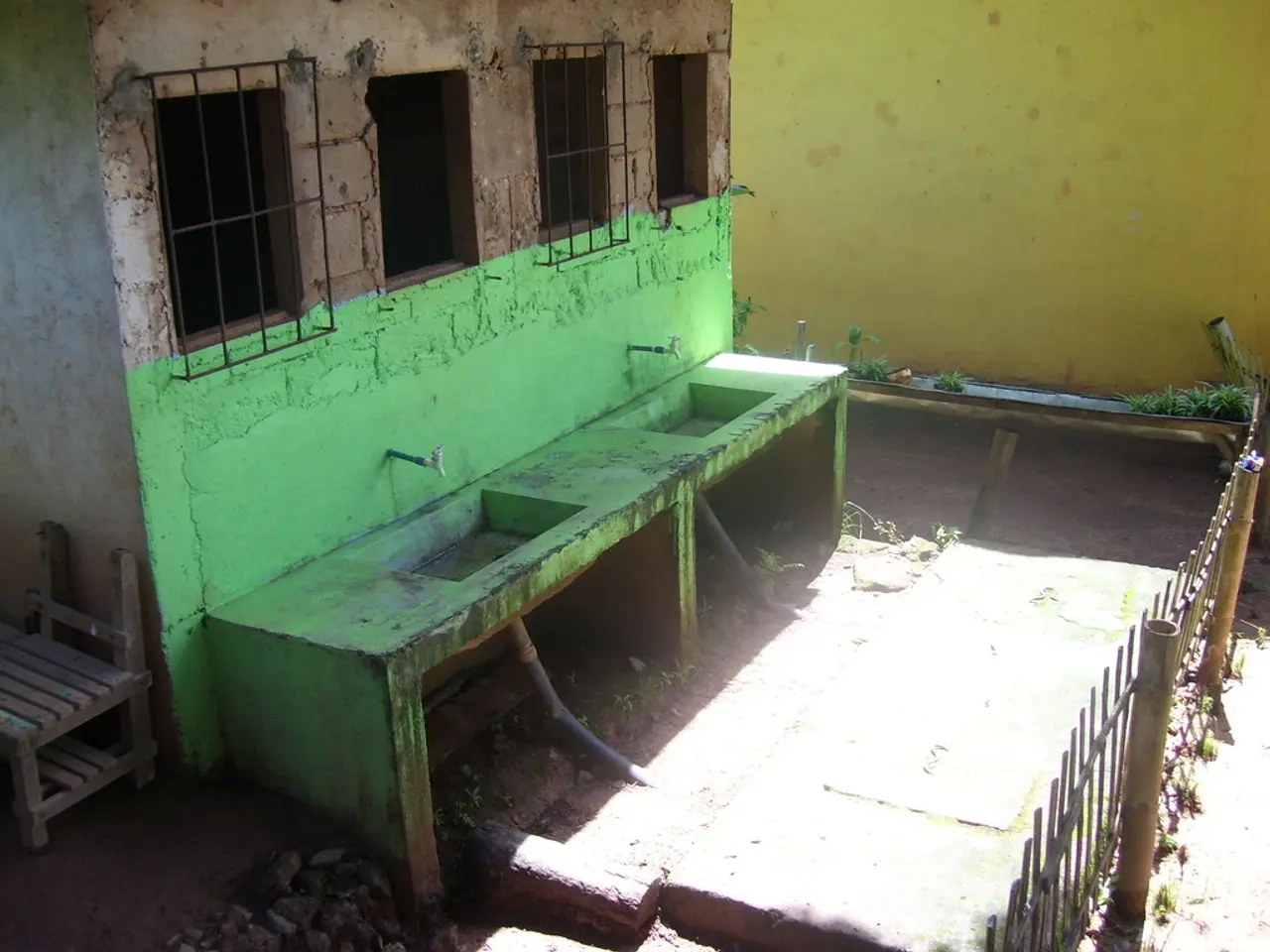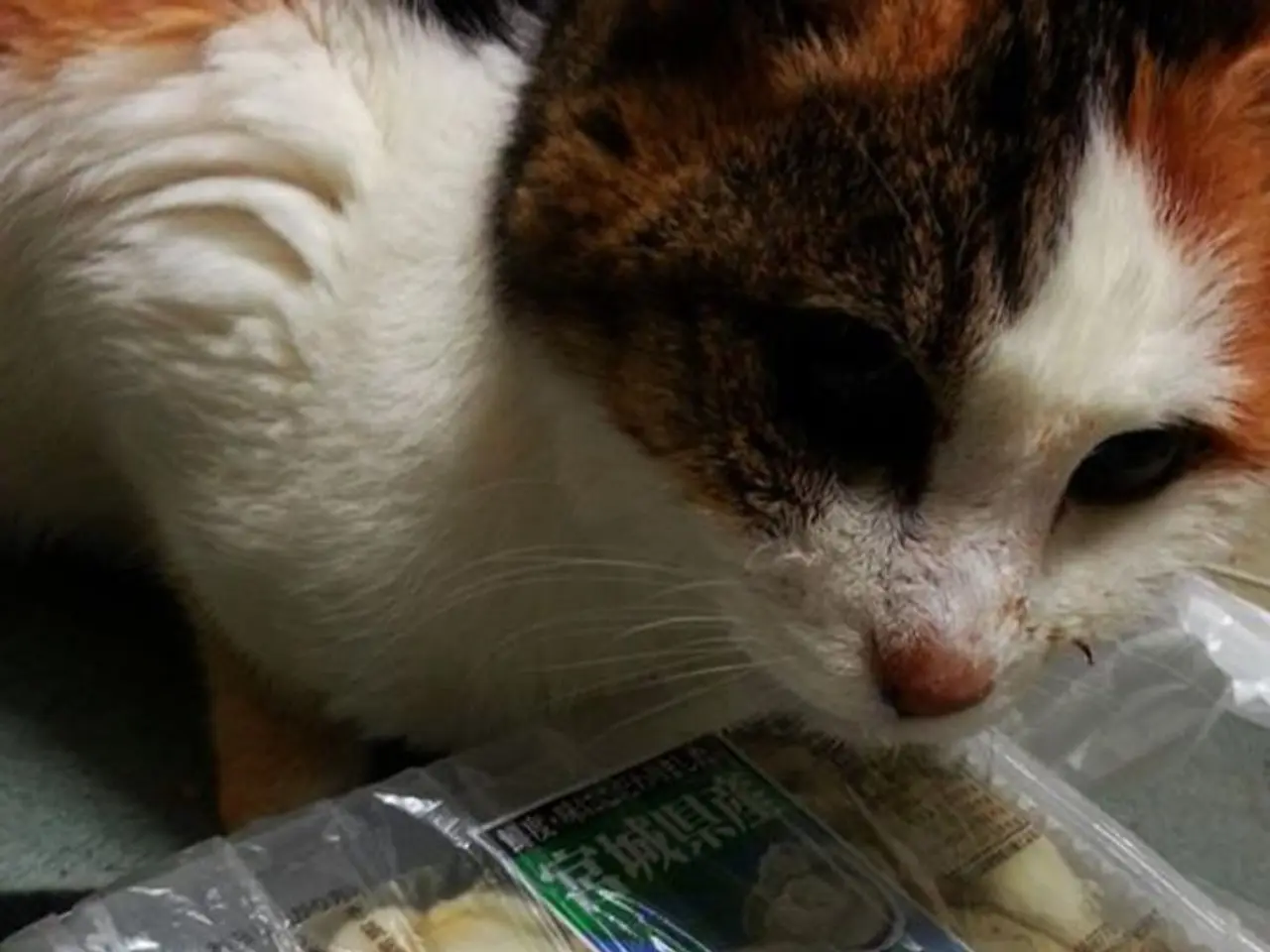Emergency Bleeding Management in High-Risk Situations
Scott King, a seasoned tactical care instructor and paramedic, recently kicked off a series of webinars focused on hostile environment medicine. This first session, held ahead of the upcoming Hostile Environment Medicine Course in Namibia this June, delves into the critical topic of massive hemorrhage control.
With over 22 years of experience in ambulance services, military instruction, and hostile environment training, King's expertise is highly sought after by the UK Government, NGOs, and specialist responders. His advisory services extend to hostile awareness and tactical casualty care.
In austere and high-threat settings, uncontrolled bleeding is the leading cause of preventable death. Recognising the importance of this issue, King's discussion explores the latest techniques, technologies, and human factors influencing trauma care in these environments.
The session focuses on practical, field-tested guidance for anyone preparing to deliver care in complex or hostile settings. Topics covered include tourniquet placement, hemostatic agents, junctional injury management, wound packing, tactical triage, training, trust in kit, and self-preservation under pressure.
Key tools and methods discussed in the session include tourniquets, hemostatic agents, junctional tourniquets and pelvic binders, point-of-care ultrasound, prehospital blood transfusion and whole blood use, advanced compression devices and combat gauze, and the Tactical Combat Casualty Care (TCCC) approach.
Future developments in haemorrhage control, such as AI and nanotechnology, are also touched upon, offering a glimpse into potential advancements that could revolutionise trauma care in hostile environments.
Interested parties can learn more about the Hostile Environment Medicine Course in Namibia by clicking the provided link. For those seeking more insights from Scott King, his email, [email protected], is available for direct contact. The webinar series aims to provide complementary knowledge to the upcoming course in Namibia, making it an invaluable resource for anyone preparing to work in hostile environments.
- Scott King's upcoming webinar series, focusing on hostile environment medicine, offers practical, field-tested guidance on critical topics like tourniquet placement, hemostatic agents, and tactical triage – essential skills for anyone delivering care in complex or hostile settings.
- Recognising the leading cause of preventable death in austere and high-threat settings as uncontrolled bleeding, the first session of King's webinar series, discussing massive hemorrhage control, delves into the latest techniques, technologies, and human factors influencing trauma care in these environments.
- Beyond covering current practices, Scott King's session provides insights into future developments in hemorrhage control, such as AI and nanotechnology, offering a tantalising glimpse into potential advancements that could revolutionise trauma care in hostile environments.




